 I began working out in the late 70’s. My goals were fairly simplistic: get bigger and stronger. So were my routines: squats, bench presses, pull-ups and barbell curls. It wasn’t uncommon to be in the gym for 2+ hours a day back then. Working out was not just the means, it was the end goal.
I began working out in the late 70’s. My goals were fairly simplistic: get bigger and stronger. So were my routines: squats, bench presses, pull-ups and barbell curls. It wasn’t uncommon to be in the gym for 2+ hours a day back then. Working out was not just the means, it was the end goal.
But times change. Advances in technology, medicine, and information are occurring by leaps and bounds almost daily. People are busier than ever before. They’re working longer hours, rushing their kids from soccer try-outs to piano lessons to church youth group meetings in a 3 hour span. Dinners aren’t cooked by mom anymore; Papa Murphy and Five Guys have taken over as our families’ parental chefs. Yes, time does not stand still–it only moves forward.
Unfortunately, the vast majority of personal trainers I know are instructing their clients like it’s still 1995. As a profession, we have failed miserably, not simply in keeping up with the latest trends in fitness and nutrition, but in looking at what our clients will demand in the future. The average trainer, adept at counting reps while his client knocks out set after set of seated leg abductions, stays in his career less than 2 years, earning $12 an hour in the process.
If we are to be taken serious as true fitness professionals, we have to change with the times. We can no longer afford to mindlessly write down cookie-cutter exercises and expect those people who need our expertise to pay us what we feel we’re worth. Here are 5 areas where we must shift our focus in order to attract and keep clients while getting paid as qualified experts in our field. We must move…
- From rep counter to lifestyle coach. Outside of the world of bodybuilding, people no longer work out simply to exercise. People want to be able to play with their grandkids without pain, to trek in Nepal at age 82, and to not take 4 Advil as a breakfast supplement. For these individuals to succeed, we have to forge purposeful connections by becoming intensely knowledgeable in the topics of nutrition, movement proficiency, and recovery strategies.
- From understanding exercises to understanding human beings. Why is your client working out? To get in better shape? It’s always more than that. They could care less if they’re doing push-ups pr seated Nautilus presses. They just want to attain their BHAGs. To keep them motivated and progressing, we need to reach our clients on an emotional level. To find out their innermost “whys”. Once we are able to empathize with them, we will create an equal partnership where we help them discover the answers to their challenges.
- From being a Jack-of-all-trades to being an authority. When I was working in a national, big-box gym, there was a canned message that was played overhead every hour: “Whether your goal is to run a marathon, lose 20 pounds, or simply feel better, we are everything you want us to be.” Regrettably, when we try to be everything to everyone, we are nothing to no one. We are generalists. People are looking for a specialist–someone who has the precise experience and wisdom to help them with their specific Additionally, people will gladly pay more for a expert versus someone who merely has a little familiarity with many things. Leave the one-size-fits-all programs to those 3 AM infomercials.
- From working out in a gym to a “where-it’s-convenient-for-me” experience. People are time-challenged. Many simply don’t have the time to drive 20 minutes to your facility, change, work out, shower and get to their 7-7 job. Inventions such as the TRX, the resurgence of kettlebells, and body weight boot camp formats make working out in a neighborhood park more feasible and appealing for many would-be clients.
- From always being with your client physically to embracing technology. I have to admit, this was the hardest item for me to grasp. Being a kid of the 60’s and 70’s, I’m not much of a techie. And somewhat fortunately for me, neither are many of my target audiences. But for those of you in your 20’s and 30’s especially, coaching your clients via Skype can be another revenue stream. Monitoring their nutrition and recovery patterns through their fitbit portal can make you money without having to leave the comforts of home.
If we are to improve ourselves and those who hire us, we have to change. If we want to become recognized as experts in our field, we have to change often. It’s time to stop being a personal trainer and start being the fitness professional for whom you want to be known.
NOTE: Having a Personal Fitness Trainer Certification is an essential first step in your fitness career. However, it’s important to know that your career responsibilities and opportunities go well beyond.
Don Holly is an Elite Fitness Coach in the Reno/Lake Tahoe area. With several certifications through NESTA, NASM, Precision Nutrition and Functional Movement Systems, Don has successfully helped dozens of clients transform their bodies and their lifestyles through innovative practices and sound principles. Read more at https://successfitnessreno.com
Here’s a fitness business management, promotion and scheduling tool which can make your transition from just an ordinary trainer to an elite trainer much easier.







